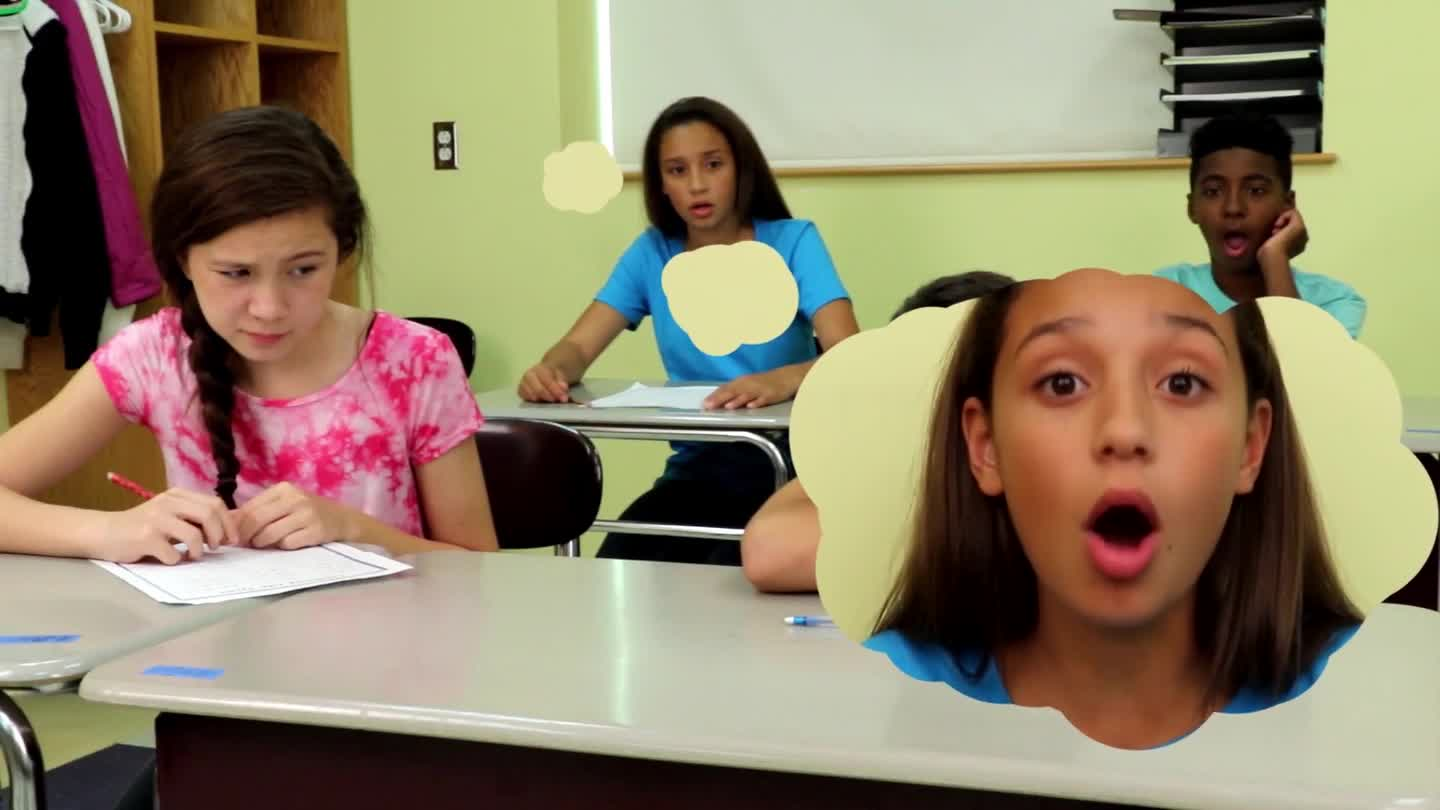
Introduction
Transitioning from vacation to school can be challenging for students. After enjoying a break filled with fun activities and relaxation, it’s natural for them to feel reluctant to return to the structured environment of school. In this blog post, we will explore a no-prep activity, discussion questions, and related skills to help educators support students in managing their feelings and adjusting to the school routine. By incorporating principles of Social-Emotional Learning, we can help students develop the skills they need to cope with this challenging period.
No-Prep Activity: Circle of Sharing
This activity encourages students to share their feelings and experiences about returning to school after a vacation. It requires no preparation or materials from the educator, making it an ideal choice for a quick and effective exercise.
- Have students sit in a circle.
- Explain that each student will have a turn to share one thing they enjoyed about their vacation and one thing they find challenging about returning to school.
- Encourage students to listen actively and respectfully to each other’s experiences, and remind them that it’s normal to have mixed feelings about coming back to school.
- After everyone has shared, discuss as a group how they can support each other in adjusting to the school routine.
Discussion Questions
- Why do you think it’s difficult for some students, like Connor, to transition from vacation to school? How can we help them?
- How do you think Haley feels when Connor is not following the teacher’s plan? How does this affect the class?
- What strategies can students use to stay calm and focused when they don’t feel like doing their work?
- Why is it important to follow the teacher’s plan even when we don’t feel like doing the activities?
- How can we practice empathy and understanding towards classmates who are struggling to adjust to the school routine?
Related Skills
In addition to the skills discussed in this post, there are other relevant skills that can help students develop a strong foundation in Social-Emotional Learning:
- Active listening: Encourage students to listen attentively to their peers and show understanding and support.
- Self-regulation: Teach students to manage their emotions and behaviors in challenging situations, such as returning to school after a vacation.
- Problem-solving: Help students identify and implement strategies to overcome challenges they face in school.
- Cooperation: Foster a positive and collaborative classroom environment where students work together and support each other.
- Resilience: Encourage students to persevere and adapt to change, even when it’s difficult.
Next Steps
If you’re interested in incorporating more Social-Emotional Learning activities and strategies into your classroom, we invite you to sign up for free samples of our skill-building materials. By exploring these resources, you can help your students develop the skills they need to navigate the challenges of transitioning from vacation to school, as well as other social and emotional situations they may encounter.

